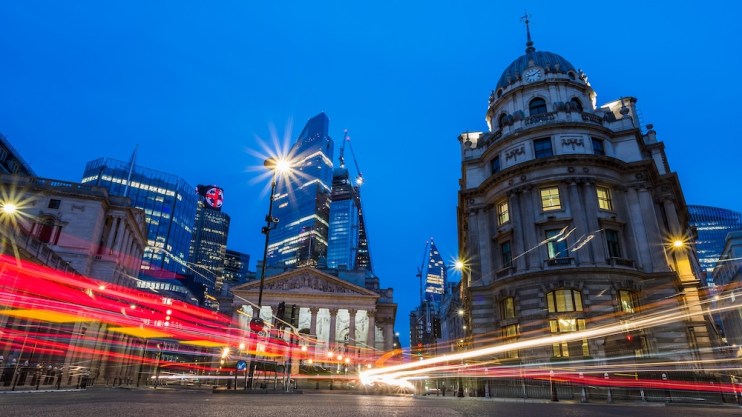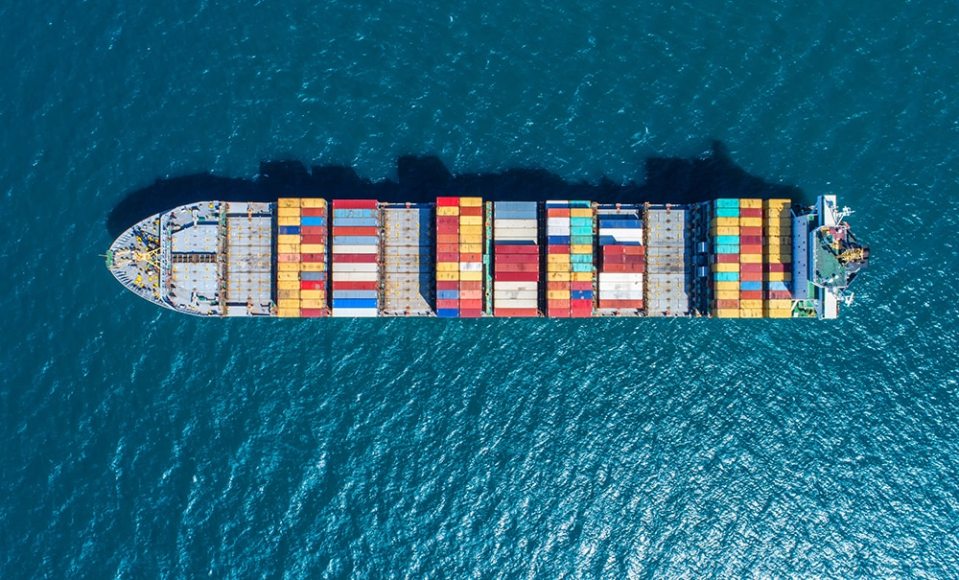The Notebook: Adam Tyndall on London’s freight dilemma, a must-read book and cricket at Lord’s

The Notebook is a place for interesting people to say interesting things. Today it’s Adam Tyndall, Programme Director for Transport at BusinessLDN
London policy wonks love to collect examples of all the ways in which the capital supports the whole country. Two events last week gave me fresh material for the list, in the form of an (oft-overlooked) aspect of our transport networks: freight.
London Gateway port handles a quarter of all deep-sea cargo and has plans to expand capacity by 30% as part of the new Thames Freeport. And three quarters of the nation’s air freight travels through London’s airports with Heathrow the most valuable of any UK port, handling £200bn in goods every year.
But the thing that business leaders kept coming back to was the lack of joined up thinking from policymakers. Freeports have been given the green light on the basis of wider infrastructure improvements, but without any guarantee that planning permission will be granted locally. The delays to the planned Lower Thames Crossing are a case in point.
Even without getting into the (desperate) need for more capacity at Heathrow, the airport is operating under a weight of regulation that competitors don’t have to bear. It takes about 12 hours to process transit cargo in the UK, compared to a couple of hours at the major European hubs and within the hour at airports in the Middle East.
Within London, well-intentioned but uncoordinated policy and congested roads make moving stuff around a real challenge. As you’d expect its pushing companies to innovate and there are promising trials on both the river and the railways. Faster and more reliable delivery times are possible, but scaling up will need investment and policy support. Maybe City Hall needs a Freight and Deliveries Tsar to knock a few heads together.
Better than the box
Any discussion of freight reminds me of the best book I read in 2022: The Box by Marc Levinson. It’s 400 pages on the story of the shipping container which, it turns out, is pretty much the story of the global post-war economy. There are swashbuckling American industrialists, labour relations battles, and real wars. Not to mention the economic rise of Asia. And it’s a genuine page-turner. I’ve been recommending it to anyone who will listen.

Grounded
The Government’s “Green Day” was as underwhelming as everything produced by the band since 2004, and a striking gap was in relation to sustainable aviation fuels. These fuels exist today and can be put in regular jet engines. They could reduce UK aviation emissions by about a third – not a silver bullet but a big contribution to net zero. The US and EU are providing policy and subsidies to massively expand production. We urgently need the same.
Up up and away
By the time you read this I should be in Kathmandu. It’s notable that the aviation industry seems to be suffering none of the hand-wringing over whether passengers will come back after the pandemic that still afflicts the public transport sector. I can’t help thinking it probably has something to do with the freedom of airports and airlines to adapt without Treasury interference.
Lording it in the middle
The fantastic coaches at the Lord’s Indoor Cricket Centre have realised it’s not just kids who need help. I picked up a bat again after 15 years when a friend suffered ping-demic dropouts. It’s the ideal sport to return to in your thirties and a reminder of the value of having hobbies even – or especially? – ones that you’re not very good at. Thanks to the team at Lord’s my batting confidence is restored and some of my leg spin is occasionally on target. The season opener is against a team from TfL so if practice doesn’t make perfect, I can always resort to sledging about strike rates.
